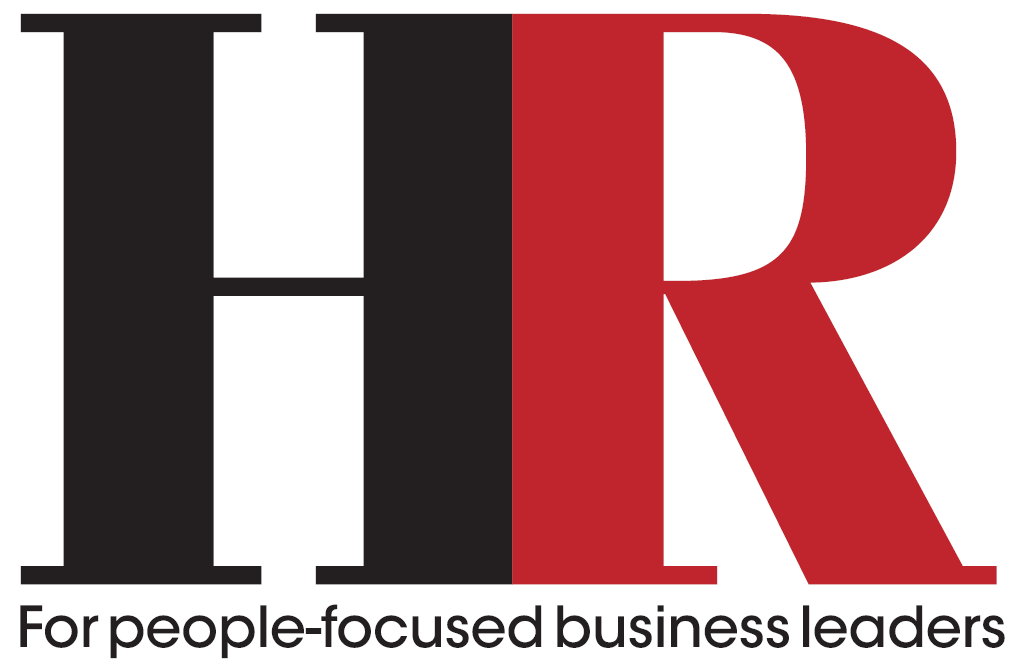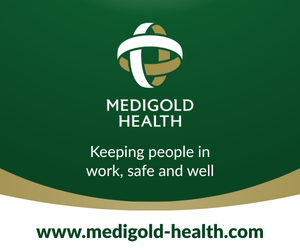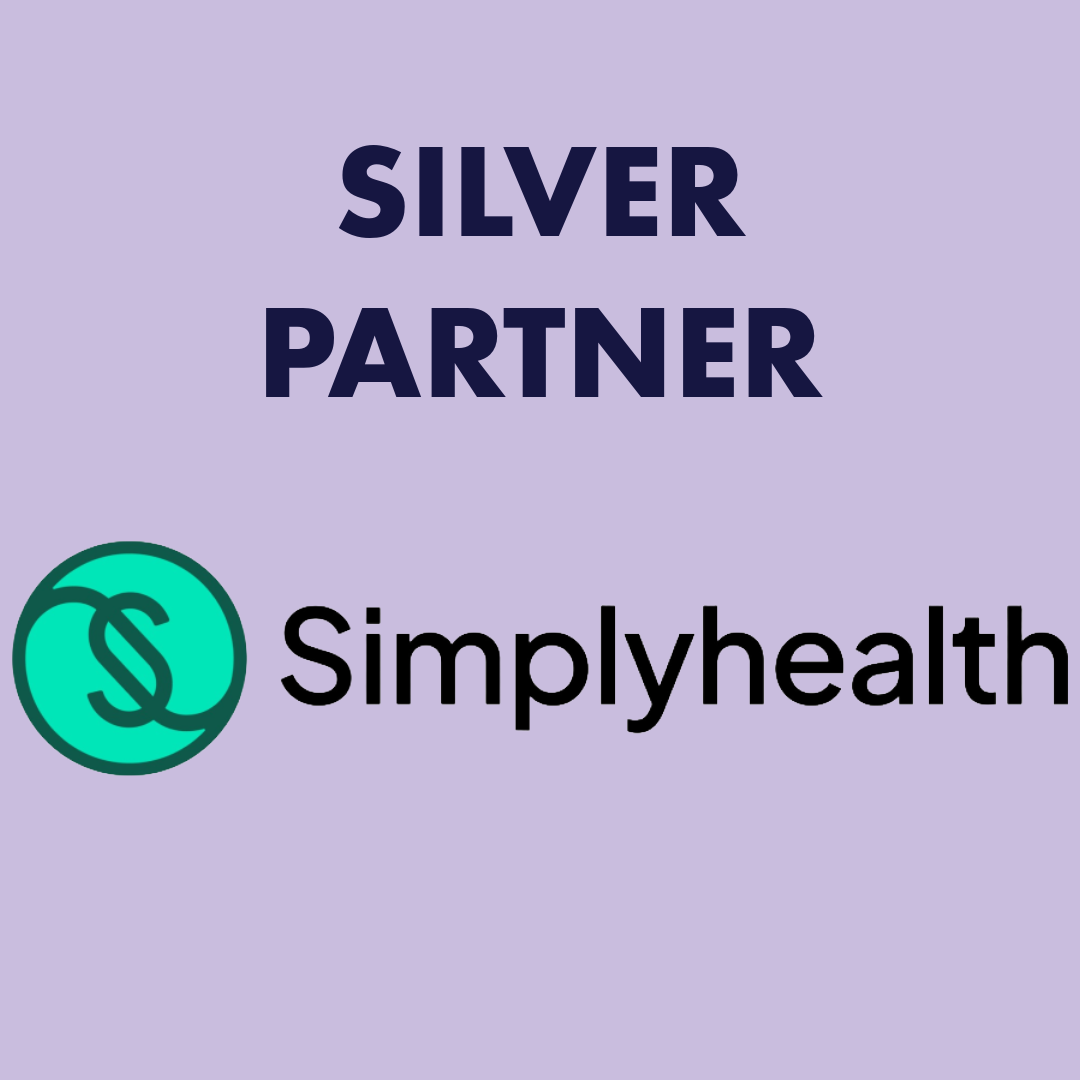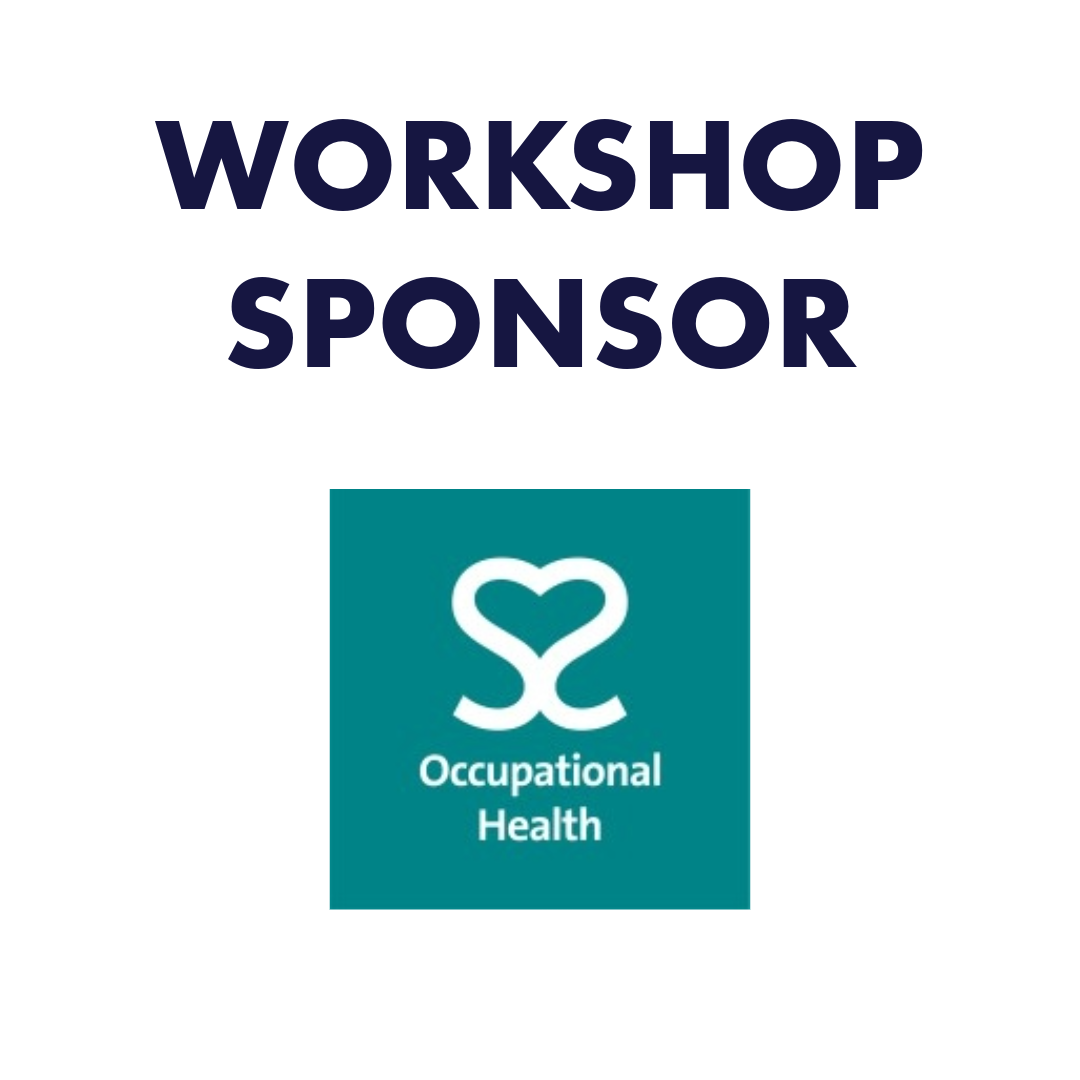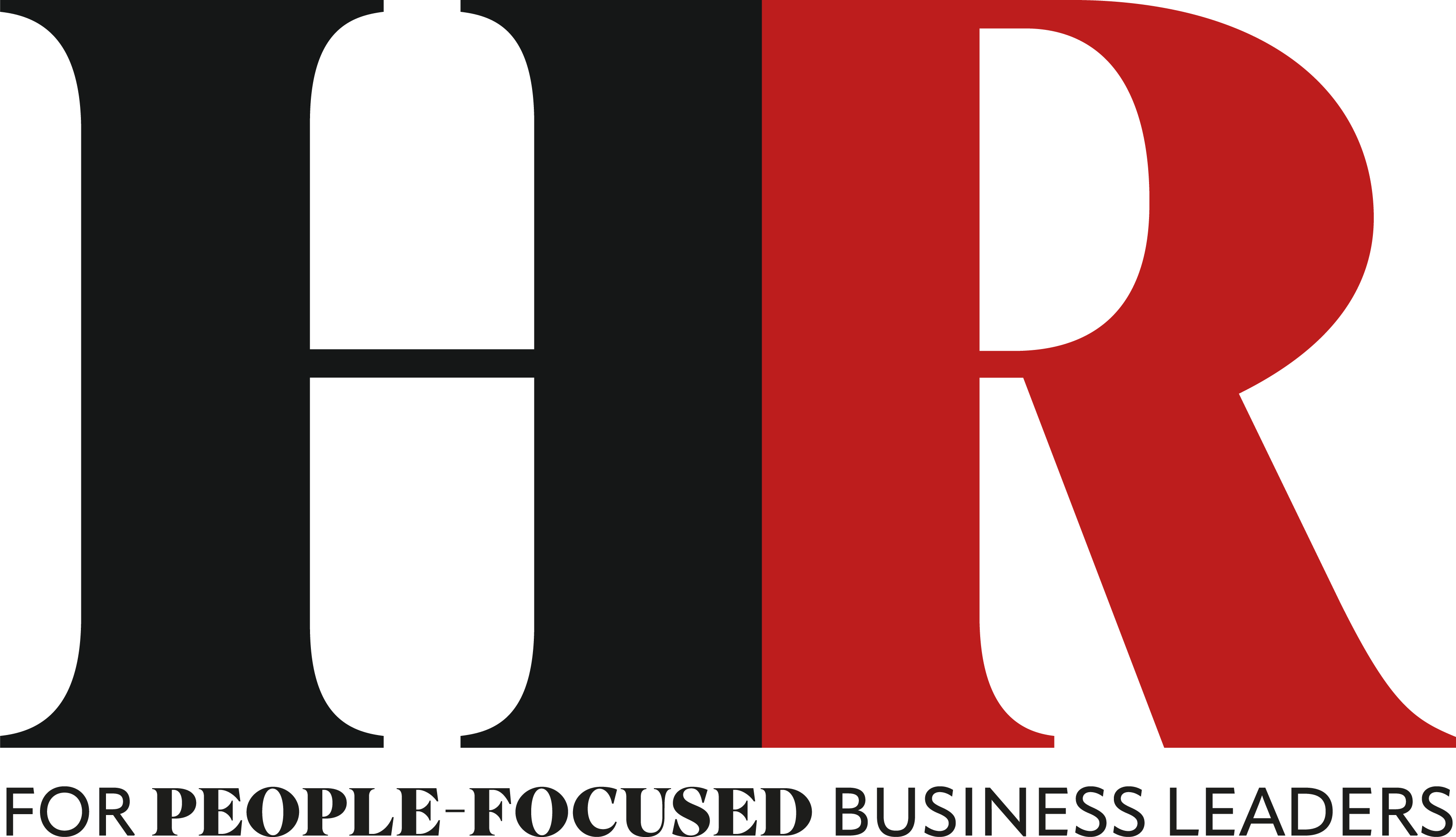Mental health: personal journeys and workplace responsibility
)
Health, recovery, and ignoring the male expectancy
Like most 20-something-year-olds, I thought any serious health concerns were at least half a life away. So, at the age of 29, when I woke up with a ‘leaky nipple’, I thought something might be wrong.
This was the summer of 2021 - peak Covid time - and no NHS appointments were available; understandable with everything else the service had going on. I pursued other avenues in the hopes of a quicker answer.
I decided to use Heka to accelerate the process. I got a private virtual GP appointment booked in, and, after consultation was referred for further tests. Doctor’s revealed the cause - my blood revealed significantly high levels of prolactin, impacting my hormone levels.
The NHS did the best they could do, giving me a wait time for an MRI scan of two to three months - once again, I turned to Heka. Within 32 hours, my scan was complete. The result? A brain tumour pressing on my pituitary gland.
Having circumvented the long wait times, I was able to access treatment quickly and begin my road to recovery. Doctors were confident I would be ok.
Mental health: the hidden battle
That should have been the start of the end of it, right? I should have felt assured that my health was in professional hands. I assumed the treatment itself, and regular visits to the hospital, would be the worst of it.
However, I’d drastically underestimated the toll it would take on my mental wellbeing, having never struggled in this regard before. It quickly felt like I was battling on all fronts, the stress of the tumour itself, the frustration with my pregnant partner and Co-Founder, Steph, looking after me, instead of me her, and taking regular days off from work, piling additional workload on our employees.
Beyond that, there was the treatment itself, the medication came with very real side effects; an inability to sleep, sensitivity to diet, stress, fatigue, and the looming threat of depression.
I knew that a ‘man up and get on with it’ attitude wouldn’t cut it. Instead of pretending everything was fine, ‘soldiering on’, or tying myself to any other variation of completely unhelpful masculine tropes, I decided to take a different approach.
I pushed myself to be more open and transparent, with Steph, our colleagues and employees, friends, with Doctors, and the weight this process lifted was immeasurable. I took days off when my mental state or physical fatigue was too much, I kept people updated on my recovery, and not just the highlights but the lowlights, too. I told doctors my medication was impacting my mental health to a degree I wasn’t comfortable with, which was then changed to a less-severe alternative. I blocked out my diary with the clear headline ‘Hospital’ and slowly but surely, felt less alone in my recovery journey.
I also listened to my own mind and body, something that I didn’t give much thought to in the previous rush of Founder life. I acknowledged that my fatigue lessened if I ate the right foods, and that regular exercise improved my mood.
The role of the workplace in mental health
Each week, workers in the UK spend almost a quarter of their lives working, that’s excluding commutes and hours outside of the office. Yet, we still live (and work) in a time where mental health is a consideration for outside of the workplace. It was only during my recovery, when company culture truly showed me a better way and impacted my recovery progress to no end, that I understood how outdated this reflex is.
There’s a widespread, endemic culture that speaking honestly about your mental health could be seen as a sign of weakness. Asking for support with mental health struggles is perceived more as a risk to future progression, workplace productivity, and overall culture, than it is a brave step toward looking after yourself. Workplace culture must do everything possible to revert this dynamic, and the reason is very simple.
Simply, a healthy and happy employee thrives in their work, has a strong affinity and loyalty to the business, and is in a better position to support the colleagues around them.
How to help
While the onus of communicating struggles initially lies on the employee, there needs to be a culture in place to support this to begin with. If an employee raises a personal issue, be it general life, mental or physical, the business has already successfully navigated the first step - this should be applauded. However, the next step is impactful support.
Each situation, like my own, is entirely relative. Is an employee financially burdened by after-school care because they can’t make pick-up times? Give them flexible hours to accommodate this. Is an employee struggling with sleep? Or are they on a fertility journey? Support in this regard should be built into employee benefit offerings. Is it work pressure that is impacting them? Consider offering additional resources, skills training, or more reasonable deadlines.
Of course, for some, particularly male employees, sharing struggles with mental health won’t be easy. The last thing we want to do is alienate these employees. Organisations need to ramp up the level of intelligence they gather. Surveys, anonymous or otherwise, are a good way to gather this data and see where more support can be given. In my view, when it comes to quarterly appraisals or 1-1 check-ins, the first question should always be ‘How are you, is there anything we can help with?’. Asking with sincerity, and at the right intervals, opens the opportunity to create a psychologically safe environment.
We’re a long way from adequate mental health support, particularly when it comes to men. While the individual must find strategies that alleviate stress, or anxiety, there’s a significant responsibility on their employer. Be it an improved culture, investment in the HR and wellbeing departments, company initiatives, or tailored, flexible benefits offerings, there’s more we can do to support those that may be struggling.

This article was supplied by our media partner, HR magazine, the leading title for senior HR professionals and business leaders who want insight into and examples of high-performing, people-focussed organisations. We publish daily news and opinion pieces, the latest research, new thinking, best practice and strategic information. HR magazine has been serving the UK HR sector audience since 1991.


